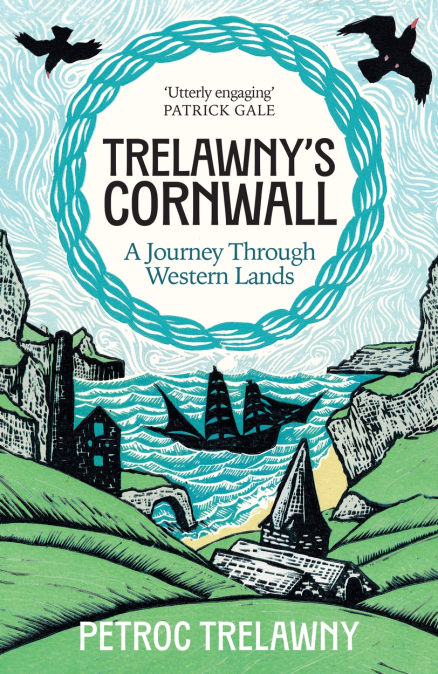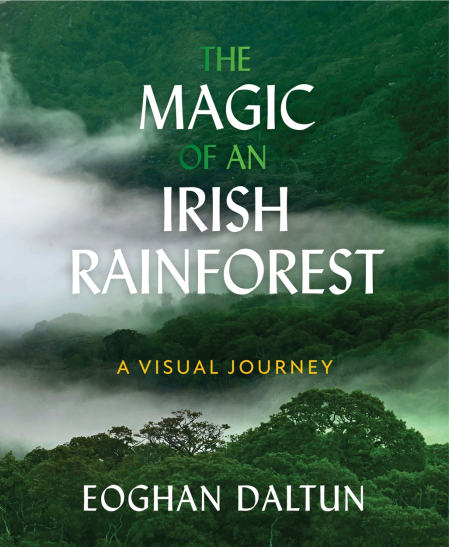
Petroc Trelawny, broadcaster on classical music, current host of the Breakfast show on BBC Radio 3 and long-time resident of London, shares his Christian name with one of Cornwall’s most celebrated saints and his surname with the county’s anthem. He took that for granted until a stranger challenged him about his ancestry, inspiring him to return to the land where he grew up and see if he still belonged there. In Trelawny’s Cornwall (Weidenfeld & Nicolson, £22, August 15), which is part history, part memoir, he visits old mines and churches, sites where new technology was forged, and places where poets, musicians, architects and film-makers have worked to shape Cornwall’s cultural identity. He explores the Tamar, the river that marks out the Cornish frontier, “and holds a finger up to winds of change, exploring the collapse of Methodism, the decline of the Cornish language, and the complex, sometimes lucrative, sometimes destructive, relationship with tourism”.

The environmentalist Eoghan Daltun told his story of rewilding land on the Beara Peninsula, on the southern coast of Ireland, in An Irish Atlantic Rainforest. In his next book, The Magic of An Irish Rainforest: A Visual Journey (Hachette Ireland, £24.99, September 24), he travels the length and breadth of the island to photograph areas of temperate rainforest, in an attempt to illustrate their beauty and immense ecological value, and to document, in almost all cases, their state of decline. His book offers “a deep insight into rare and priceless ecosystem fragments that we… are losing fast, alongside a compelling treatise for how that could so easily be changed for the better”.

Since his debut The Shepherd’s Life, James Rebanks has been chronicling the beauty and challenges of rural life and celebrating the timeless connection between land and people. In his latest book, The Place of Tides (Allen Lane, October 17), he ventures beyond the Lake District to the Unesco-protected Vega Archipelago, in the Norwegian Sea, just south of the Arctic Circle. There he revisits an old woman he met years before caring for wild eider ducks and gathering their down. “Tracing the pattern of her work from the rough, isolated toil of bitter winter to the elation of the endless summer light, James will share how this woman and her world are not at all what he had previously thought, and how the journey became an extraordinary lesson in self-knowledge and forgiveness.”

Leave a Reply